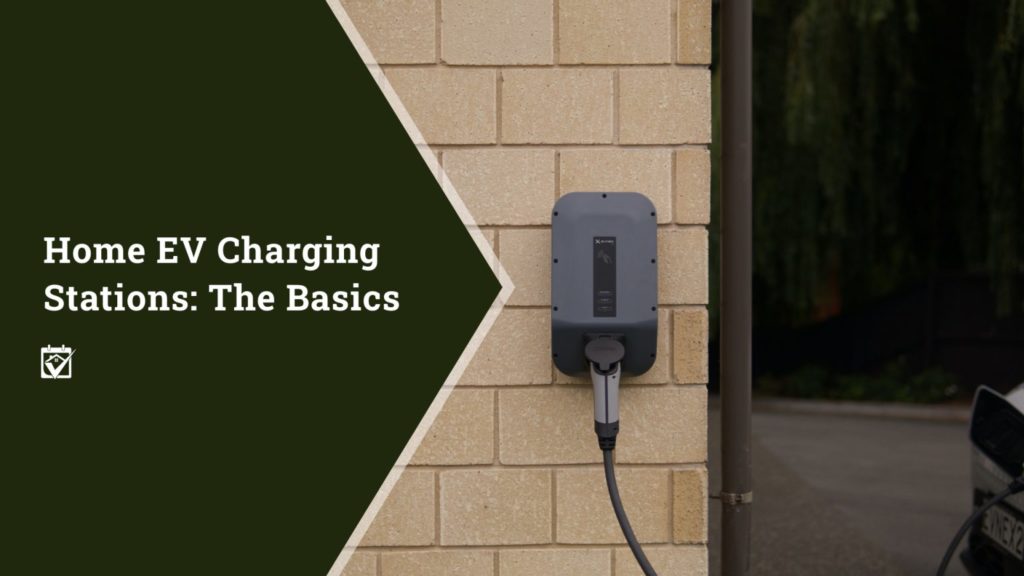
Electric vehicles are increasingly popular, and many EV owners enjoy the fact that they don’t have to hit the gas station every week to stay on the road. These cars still need fuel, however, and that means that access to a charging station is very important. While there are adapters available that let you charge an EV using a standard outlet, the charge takes a significant amount of time because the adapters provide current at the lowest level that the cars are able to accept.
Because of this, an increasing number of EV owners are installing their own charging stations in their homes. This allows for a much faster charge, getting them back on the road sooner and making it much easier to top off a charge in between trips to town. If you own an electric vehicle or are even considering one for the future, it’s important that you understand the potential benefits of a home charging station to determine if one is right for you and your home.
Home Charging Basics
Unlike the standard outlet adapter that you would use to charge your EV from existing electrical receptacles, a home charging station contains a specialized charging cable and the technology that’s needed to perform a quick charge of your vehicle. Depending on the vehicle you have, the charging station may have a generic EV connector on the charging cable or might have a specialty connector designed for a specific make or model of vehicle. When choosing a charging unit, it’s important to consult your vehicle’s documentation to find a unit that will charge at the highest possible speed for your EV.
In most cases, home charging units are installed in the garage and connected to the home’s electrical wiring. This allows you to park your car, plug it in, and have it ready to go without worrying about weather, or other issues that might affect your charging connection. For homeowners who don’t have a garage or who have other vehicles or items within their garage space, charging units connected to the side of the home are also somewhat common.
Solar-Powered Charging
An increasingly popular option for homeowners with electric vehicles is to set up a solar-powered charging station by installing solar panels and batteries that connect to the charging unit directly. This keeps the EV from running up the electric bill while still ensuring that there’s plenty of juice available to top off your car when the charge is running low. Even homeowners with no other solar equipment on the home sometimes opt for this sort of charging, installing the solar panels on the garage roof and mounting the solar battery units on an interior wall of the garage.
This can also be a good starting point if you are interested in cutting down your overall dependence on the electrical grid and shifting to solar. Once you set up a solar system to power the EV charging unit, it can be expanded to provide additional power to the house as well. When doing this, it’s typically best to set up separate home batteries to ensure that your home and EV aren’t competing against each other for power.
Charging Station Installation
In order to make sure that a home charging station is properly installed so that it won’t damage your home or your vehicle, it’s important that you bring in professional help to get the unit connected to power and set up. This is especially true if you plan on using solar energy to power the charging station, since the solar system will also need to be set up and connected to the charging station. Finding an electrician who’s experienced with charging station installation can make a big difference in getting a unit installed quickly and correctly.
If you have questions you may contact me to see how I can help you.
Michelle Lohman, Associate Broker
Realty One Group

All content provided on this blog is for informational purposes only. The owner of this blog makes no representations as to the accuracy or completeness of any information on this site or found by following any link on this site. The owner will not be liable for any errors or omissions in this information nor for the availability of this information. The owner will not be liable for any losses, injuries, or damages from the display or use of this information.

Leave a Reply
You must be logged in to post a comment.